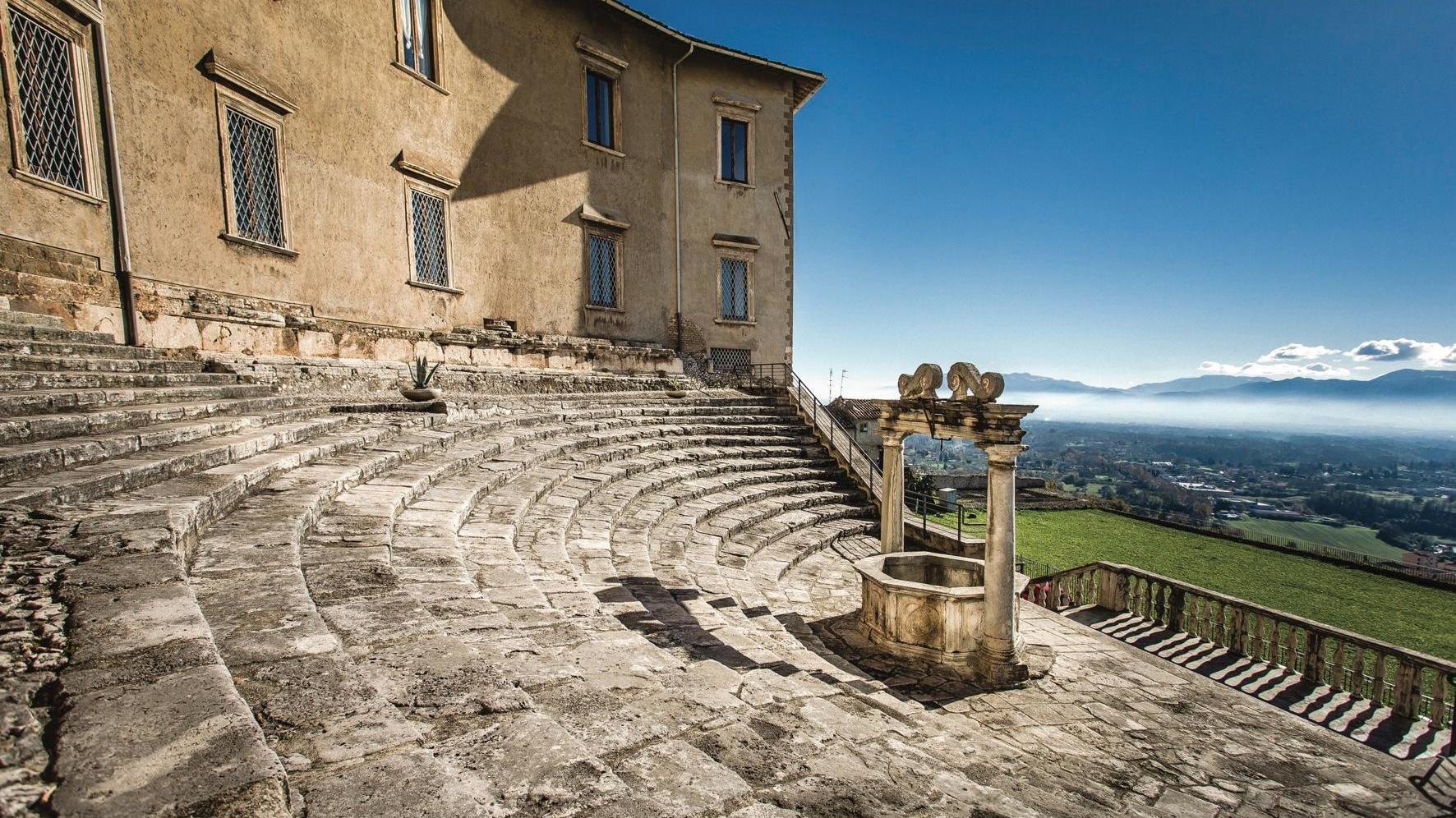Liszt’s “Nuages Gris”: A Haunting, Atmospheric Soundscape
Franz Liszt’s Nuages gris (“Grey Clouds”) sounds as if it could have been composed for the film score of a psychological thriller. In fact, the brief, haunting work for solo piano was featured in a chilling morgue scene in Stanley Kubrick’s 1999 mystery drama, Eyes Wide Shut. It’s hard to believe that Nuages gris was written in 1881. The piece’s shockingly progressive harmony anticipates the music of Debussy and composers of the twentieth century. In his …







